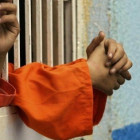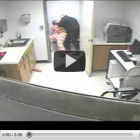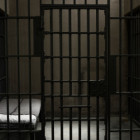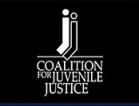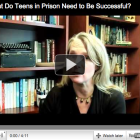
Experts Say be Careful of Ecstasy, Adam, Hug and Beans
|
It has that reputation of giving one a sense of inner peace, even euphoria. But experts say the drug that goes by such kind and gentle names as ecstasy, Adam, Blue Kisses, Care Bears, Hug, Beans, Lovers' Special, Molly, Rolling, Scooby Snacks and Tom and Jerries, is not nearly as warm and fussy as the names imply. Taking the drug, they say, can lead to long-term negative effects on the brain's serotonin center -- a region of the brain that regulates mood, memory and sexual desire -- and can cause depression and other serious health problems.
Salt Lake City's The Deseret News delves into the issue in more depth in a story published this week.

